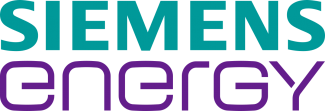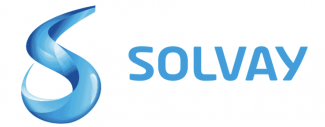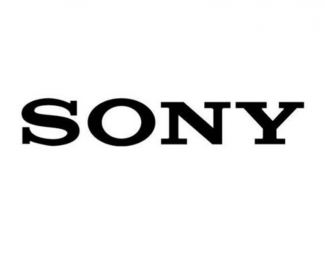Gulliver
Exposing corporate wrongdoing
Type the name of a company in the search box below. To conduct a wider search, please pick from one (or more) of the drop down menus below.
Siemens Energy
Siemens Energy, a former subsidiary of engineering giant Siemens, makes products like compressors, generators and turbines for the power industry. The Association of Ethical Shareholders Germany estimates that the products sold by Siemens Energy during the 2022 fiscal year will release a total of 1.3 billion tons of greenhouse gases, almost twice Germany’s annual emissions. For example, Siemens Energy is supplying turbines to Doosan Heavy Industries & Construction for a planned coal-fired power plant on the island of Java, Indonesia.
One of Siemens Energy's biggest subsidiaries is Siemens Gamesa, a major wind turbine maker that it took over in 2023. Siemens Gamesa has several contracts to supply onshore wind farms in the desert of Western Sahara, a former Spanish colony that was illegally annexed by Morocco in 1975. It is also a major supplier of turbines for the dozens of big wind farms in the Isthmus of Tehuantepec, such as the 70 megawatt Bii Nee Stipa II that was built in 2012, which have been criticized for their impact on (Zapotecs) and the Ikoojt (Huave) Indigenous communities who say that the wind farms have cut off access to their farmlands, sacred shrines, and medicinal herbs and plants.
Siemens Gamesa
Wind turbine manufacturer Siemens Gamesa was created in April 2017 by the merger of Gamesa in Spain with Siemens Wind Power in Denmark. It owes its success to the generous subsidies for wind power provided by states like Denmark and Germany, over the last four decades. (However, after it made record losses, Siemens Gamesa was bought up by Siemens Energy in 2023.)
Gamesa opened a factory in Pennsylvania to win U.S. government support such as loan guarantees to export $159 million worth of wind turbines to the Honduras for the 102 megawatt Cerro de Hula Wind Farm in 2010. Yet the Lenca people of Rio Blanco, led by the Consejo Cívico de Organizaciones Populares e Indígenas de Honduras (COPINH), say that the operators of the Cerro de Hula Wind Farm simply took over their lands and destroyed their rural livelihoods.
Solvay S.A.
Solvay is a chemicals and plastics company headquartered in Brussels, Belgium. It was founded in 1863 by Ernest Solvay to make sodium bicarbonate from limestone and salt water. The company’s factories have polluted waterways such as the groundwater wells in Spinetta Marengo, Italy, and the Delaware River in Paulsboro, New Jersey. In 2005, an Italian lab worker named Pietro Mancini discovered that the company had covered up evidence of cancer-causing hexavalent chromium leaking into the Spinetta Marengo water supply from one of their industrial facilities which manufactured resins for paints and plastics. Similar evidence was found by Delaware Riverkeeper Network in New Jersey in 2013 that Solvay’s plants had been leaking PFAS ‘forever chemicals’ into the local drinking water system.
Sony
Sony is one of the world's biggest consumer electronics and entertainment companies. Founded in 1946, it parlayed its success with floppy disks, compact discs, the Walkman, and the Playstation into Hollywood with the purchase of Columbia Pictures in 1989. Its music division has come under flak for 'payola' - bribing radio stations to buy airtime for its artists - and its film division for publishing fake reviews by 'critic' David Manning to boost unpopular films in 2001. In 2005, it paid New York state $10 million to close an investigation by Eliot Spitzer, then state attorney general, into lavish gifts, free trips and other giveaways to media executives.



